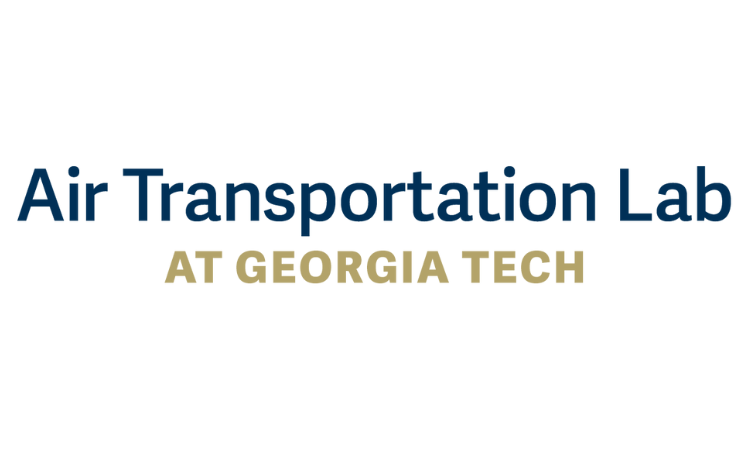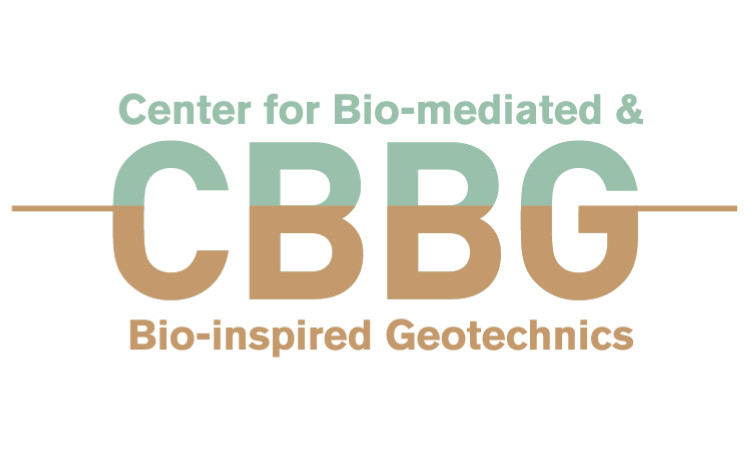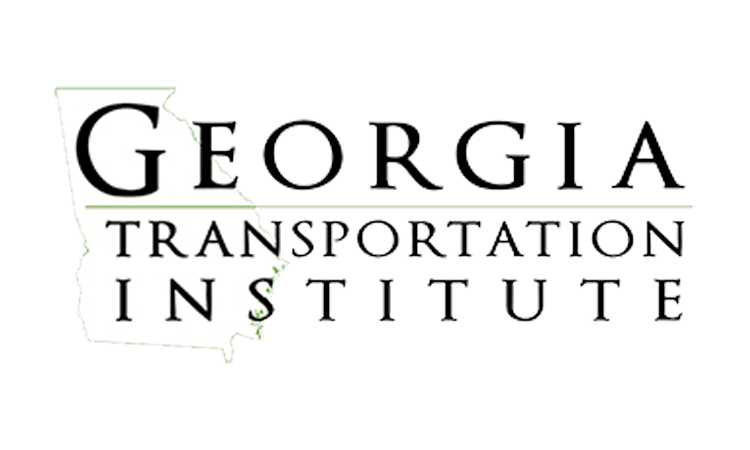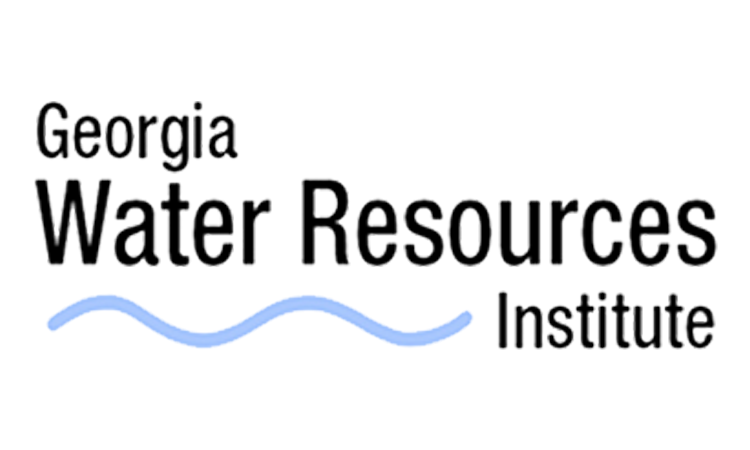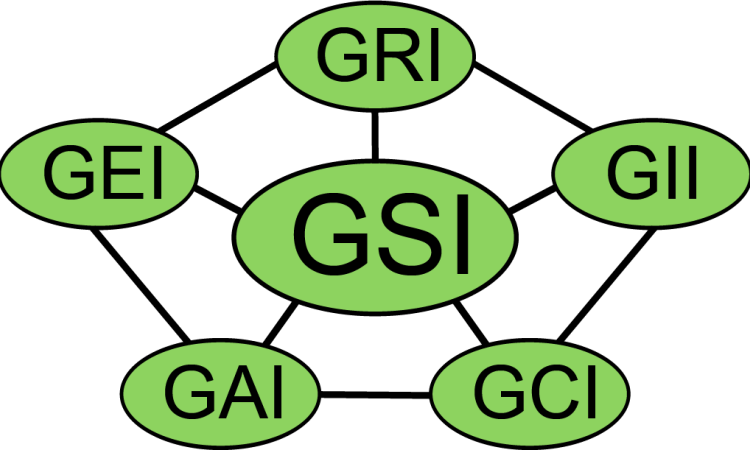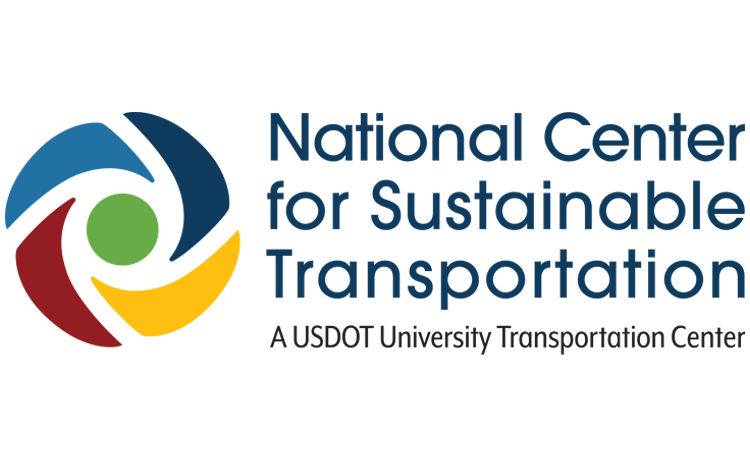Research centers and institutes are units within a university established to conduct scholarly activity through collaborative research, research training, research dissemination or creative endeavors. Centers and institutes are expected to provide learning opportunities for students and to be actively engaged in academic collaboration.
Research centers and institutes promote interdisciplinary work, and institutes collaborate within their home unit and with external units.
ATL@GT
The Air Transportation Lab at Georgia Tech (ATL@GT) advances the state of knowledge and practice in demand modeling and passenger behavior for air transportation through applied modeling and educational activities, with a focus area in revenue management. The center is supported by corporate members. ATL@GT provides a range of services including developing and calibrating travel demand and revenue management models for competitive marketplaces. It hosts three annual meetings in which participants come together to exchange ideas and review and provide input on research results and directions. The center also disseminates research results through industry conferences and provides training on aviation topics.
Director: Laurie Garrow
Brook Byers Institute for Sustainable Systems
The Brook Byers Institute for Sustainable Systems enhances Georgia Tech’s research, education, and service missions, and campus operations through leadership, communications, development, and decision-making inspired and defined by the principles of sustainability. Programs and projects initiated or supported by the BBISS lie at the intersections of these themes.
Director: Beril Toktay
Center for Bio-mediated and Bio-inspired Geotechnics
The NSF funded Engineering Center for Bio-mediated and Bio-inspired Geotechnics (CBBG) focuses on ecologically friendly, cost-effective solutions, inspired by nature, for development and rehabilitation of resilient and sustainable civil infrastructure systems. It serves as a nexus for two transformative trends in engineering: biologically-based design and sustainability. The center propels the US into a leadership role in biogeotechnical engineering, enhancing national security by providing green and sustainable solutions to important infrastructure and resource development-related challenges.
Georgia Tech Lead: David Frost
Georgia Transportation Institute
Georgia Transportation Institute fosters communication and coordination between Georgia’s universities, transportation agencies, and transportation-related industry and promotes the development of ideas and people that will place Georgia at the forefront of transportation research. GTI's objectives include conducting research to improve the productivity and effectiveness of Georgia’s — and the nation’s — transportation system.
Director: Michael Hunter
Southeastern Center for Air Pollution & Epidemiology
SCAPE is an EPA-funded joint research project between the schools of Civil and Environmental Engineering and Earth and Atmospheric Sciences at the Georgia Institute of Technology and the Rollins School of Public Health at Emory University.
The center addresses critical issues relating to the public health impacts of ambient air pollution, with an overarching theme focusing on characterizing ambient air pollution mixtures and examining their role in human health risks associated with air pollution.
Director: Armistead Russell
Georgia Water Resources Institute
The GWRI is a non-profit organization dedicated to improving the science and practice of water resources planning and management in ways that balance quality of life, environmental sustainability, and economic growth. GWRI pursues this mission through applied research, education, information dissemination, and technology/knowledge transfer programs at the state, national, and international levels. The institute is one of the 54 National Institutes for Water Resources in each U.S. state and territory authorized by §104 of the Water Resources Research Act of 1984.
Director: Aris Georgakakos
The Tailings and Industrial Waste Engineering Center (TAILENG)
The TAilings and IndustriaL waste ENGineering (TAILENG) Center is a research center dedicated to advancing the state of knowledge and practice in the design of tailings and industrial waste storage facilities. Recent catastrophic failures of tailings storage facilities highlight the need for an improved understanding of the engineering properties of tailings as well as the behavior of intermediate, or transitional, soil that include mine tailings, coal combustion by-products, and other industrial sludge to develop robust design, operation, and closure plans for waste storage facilities.
Director: Jorge Macedo
Geosynthetic Institute
The Geosynthetic Institute (GSI) is a consortium of organizations interested in, and involved with, geosynthetics. All types of polymeric geosynthetic materials are involved: geotextiles, geomembranes, geogrids, geonets, geocomposites, geosynthetic clay liners, geopipe, geocells, and geofoam. The organizations include federal and state governmental agencies, facility owners, designers, consultants, QC and QA organizations, testing laboratories, resin and additive suppliers, manufacturers, manufacturer's representatives and installation contractors. GSI currently consists of 71 member organizations of which about 45% are international.
President: David Frost
University Transportation Centers
The School of Civil and Environmental Engineering is a leading partner in five U.S. Department of Transportation University Transportation Centers. These centers work with state, regional and local agencies to provide leadership on research, education and technology transfer with respect to today’s most pressing transportation issues.
Center for Advancing Research in Transportation Emissions, Energy and Health (CAR-TEEH)
CARTEEH focuses on the impact of transportation emissions on human health, bringing together experts from two disciplines that have not traditionally worked together — transportation and public health. Members of the CARTEEH consortium strongly advocate for advancing research on transportation emissions in a more comprehensive manner, mapping the holistic tailpipe-to-lungs spectrum, which includes the impact of transportation emissions on the environment and public health.
Together, our consortium is well-equipped to establish a University Transportation Center of strategic importance, producing high-quality, impactful research, technology transfer, education, and workplace development.
Georgia Tech Lead: Michael Rodgers
The Center for Understanding Future Travel Behavior and Demand
This center focuses on evolving travel behaviors in the wake of technological advances and ongoing shifts in work habits. The Center for Understanding Future Travel Behavior and Demand will execute what it calls the “Transportation Heartbeat of America Survey” to collect longitudinal data from people, institutions and businesses about changes in travel patterns. The goal is to emphasize a more people-centric approach to mobility analysis to ensure safe, reliable, equitable and sustainable travel on surface transportation systems.
Georgia Tech Lead: Patricia Mokhtarian
National Center for Sustainable Transportation
NCST provides national leadership in advancing environmentally sustainable transportation through cutting-edge research, decisionmaker engagement, and education of future leaders.
To preserve the environment, we must minimize the impact of the transportation system on our natural resources, including energy, air, water, and land. The challenge for the nation is to reduce these impacts while meeting the mobility needs of society, fostering healthy communities, and supporting economic growth. In response to this challenge, the NCST's research, education, and engagement programs are organized around four high-priority themes: environmentally responsible infrastructure and operations, multimodal travel and sustainable land use, clean vehicle and fuel technologies, and education and tech transfer.
Georgia Tech Lead: Randall Guensler

